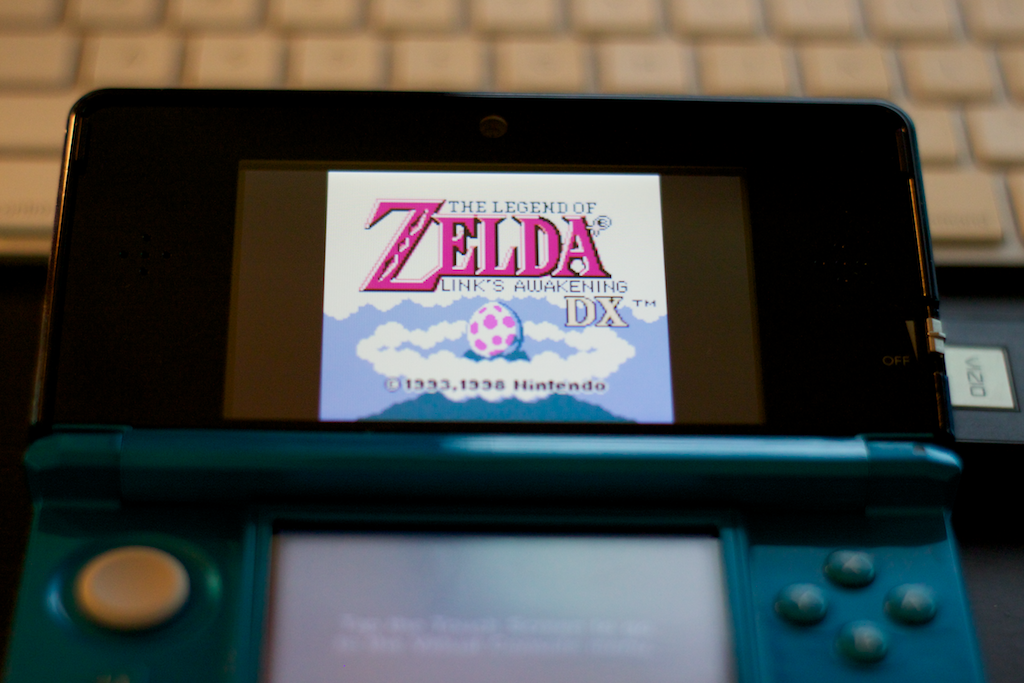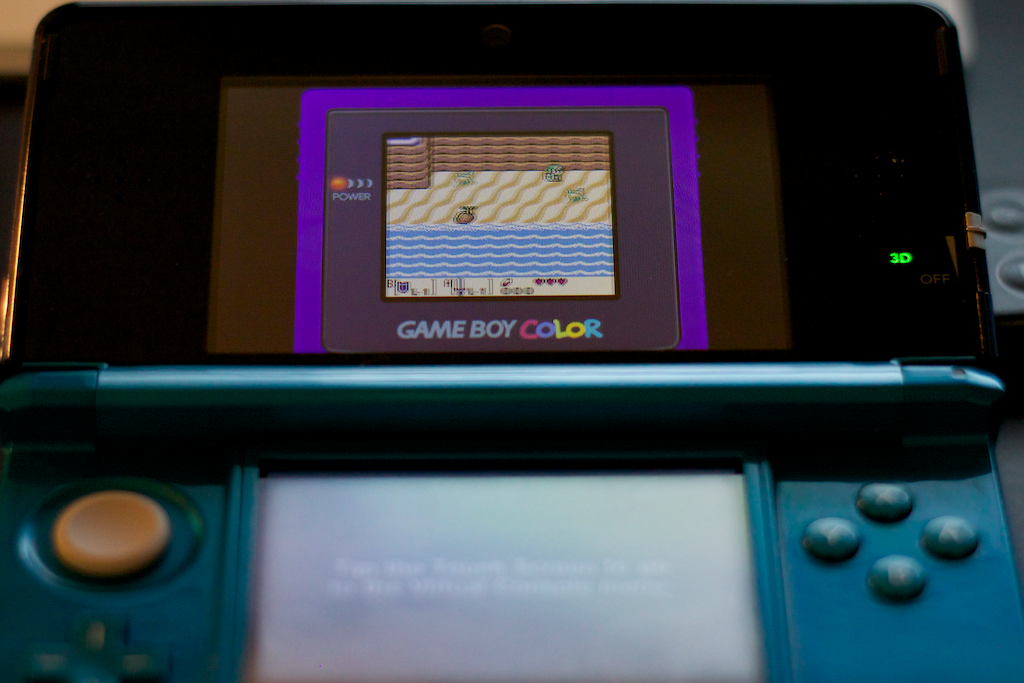Iwata: The other things is, shortly after the Wii console was released, people in the gaming media and game enthusiasts started recognizing the Wii as a casual machine aimed toward families, and placed game consoles by Microsoft and Sony in a very similar light with each other, saying these are machines aimed towards those who passionately play games. It was a categorization between games that were aimed towards core, and casual. I've been having a sense of disagreement as I personally think the definition of a core gamer is much wider, namely, someone who has a much wider range of interests, someone who enthusiastically plays many types of games that challenges different creative directions.
On the other hand, I certainly do not think that Wii was able to cater to every gamer's needs, so that's also something I wanted to resolve.
The keyword for our presentation at this year's E3 is "Deeper and Wider". With Wii U, I would like to offer this proposal with that concept.
Of course, with the Wii console I'm sure everyone would agree that we tried really hard to go wider, but even though we worked aggressively to go deeper in certain areas, the general public's impression that Nintendo was casual grew as time went by.
But first of all, your works have definitely laid the structural foundation of games that are considered core today, Miyamoto-san.
Miyamoto: Well…people in the media tend to categorize into different genres, the core and casual because it's easier to characterize it that way. But as you can see with games like The Legend of Zelda, Nintendo is fully staffed with members who are into working on a very core level of detail. And because we know that, we haven't really taken those accounts seriously.
But one of the key reasons that such things as the core and the casuals exist today is that we decided not to adopt HD on the Wii console. Of course, besides that there are things like issues with the controller and the challenges that it brings, network functionalities and many other things, but I think HD was the biggest factor that everyone was able to clearly understand the difference.
In terms of the HD capabilities, Wii U can do something similar, and on top of that, it is equipped with this new controller that adds an entirely new structure to games. I think this is an opportunity for those games that were considered to be core up to now, to evolve into something even more interesting structure. In that sense, I do wish all kinds of games would be released, regardless of the debate over core or casual. That core vs. casual debate seems like something that can never see a resolution, but with Wii U, I have a feeling that it all may change. I even feel that the barrier that separated the two genres was only something psychological, just an impression that people had towards them. For example, The Legend of Zelda games were something geared towards the toughest audience, and it has been so from the beginning. So it's not like Nintendo doesn't have it in us. But there are quite a number of people who assume that Nintendo is the equivalent of being casual.
If we are able to break those psychological barriers with Wii U, I feel like we will be able to take our goal of expanding the gaming population even further to the next step. It would even be possible to expand our customer base and bring in more people, and out of those new people, there will be those who will find certain controls or elements of deeper gameplay intriguing, and eventually will become passionate game fans. That was the way the history of video games has been, and I want to keep the tradition going so it doesn't fade away. That, I think is the true meaning of "a game for everyone". A game for everyone isn't just wide, but also very deep. That's how it will become everyone's game.
Miyamoto: I agree. I feel like it's becoming a device where it can perform really well whether it goes in the living room or in a bedroom.

 Sign In
Sign In Viewing as Guest
Viewing as Guest Reply
Reply New Topic
New Topic Alert Mods
Alert Mods Return to Forum
Return to Forum Search Topic
Search Topic Sign Up for Free Account
Sign Up for Free Account Azuardo
Azuardo 
 Link to this post:
Link to this post:  RufDogRacing
RufDogRacing 


 Subscribe to this topic
Subscribe to this topic






 Top
Top

